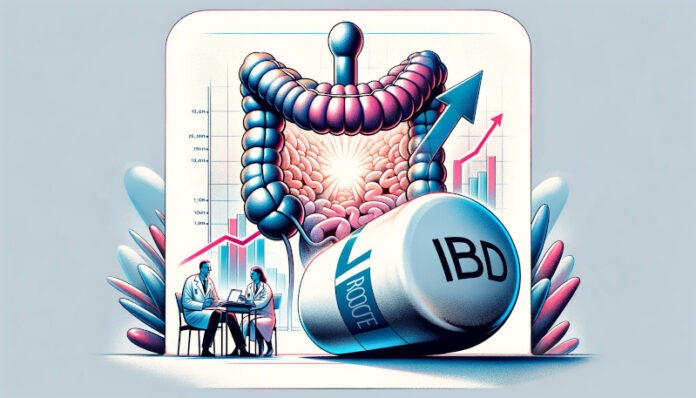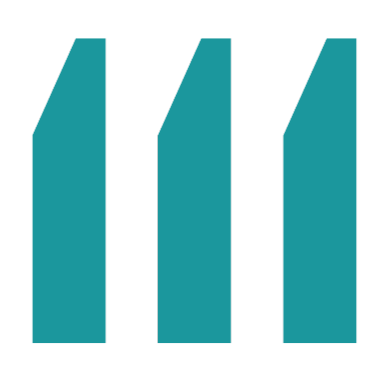Roche will acquire Telavant Holdings, a company jointly formed by Roivant and Pfizer, for $7.1 billion and a short-term payment of $150 million.
The deal includes the rights to develop, manufacture and market in the US and Japan a new antibody in development for people with inflammatory bowel disease, including ulcerative colitis and Crohn’s disease. The Swiss company will also have an option to enter into a global collaboration with Pfizer on a bispecific antibody.
So far, this is the official communiqué, accompanied by the usual enthusiastic statements of the CEOs of the companies involved, for a move that in some ways takes the form of an answer to Merck. The American giant in fact recently acquired Prometheus Biosciences, also focused on the treatment of inflammatory bowel disease, for $10.8 billion.
Inflammatory bowel disease affects nearly 8 million people worldwide. Roche will acquire the sales rights in the US, where there is a potential market of $15 billion for this disease.
But what do analysts think of this transaction?
Analysts’ opinions
The acquisition of Telavant is clearly a strategic move to strengthen the pipeline in the immunology field, but its impact on the market (and on Roche’s accounts) will largely depend on the success of the new investigational drug.
RVT-3101 (this is the drug’s current name) has so far achieved encouraging results in phase 2 trials, and Roche now plans to move on to phase 3, but the very fact that it has not yet entered clinical trials has led some observers to regard the move as ‘expensive’. Even if all goes according to plan, however, the impact on Roche’s accounts does not seem so significant.
According to JPMorgan’s estimates, assuming a market launch in 2028, the new drug could reach peak sales in the US of CHF 2.4 billion (EUR 2.5 billion), but not before 2037. This represents about 5 per cent of the Swiss company’s total expected sales and positions the deal at the level of ‘smaller-scale diversification’.
Analysts expect Roche’s pharmaceuticals division to generate sales of almost CHF 45 billion this year, with free cash flow of around CHF 16 billion for this year and next. These calculations suggest that the acquisition, while significant, is part of a broader strategy to diversify and enhance the drug pipeline.
Valuations unaffected
Moreover, the value of the acquisition, however high, has not changed the credit agencies’ ratings. Fitch Ratings, for example, has confirmed its AA rating with a ‘stable’ outlook, which, translated, means that the agency considers Roche to be very reliable, with a high capacity to meet its financial obligations, and that there is unlikely to be any change in this rating in the short to medium term.
In fact, Fitch confirms “the strong innovation profile of Roche’s pharmaceutical business, characterised by market-leading positions in several specialist therapeutic areas and supported by successful launches that have significantly improved diversification and growth prospects for the remainder of the decade”.
The rating agency also predicts that, following the debt-financed acquisition of Telavant, leverage (the weight of debt on profitability) will increase slightly in 2024, but judges that it will remain comfortably within the expected limits of the current rating.
An unusual period of failures
These ratings, however, may not offset the recent failures on high-profile deals that have cooled investor enthusiasm. According to the Financial Times, it will not be bolt-on acquisitions (i.e. those of companies in the same business sector that are smaller but have potential strategic value) ‘that will pull Roche out of the crisis’.
According to the financial newspaper, in the four years to 2022, phase 3 success rates for the Swiss firm have been well below the industry average, and include two of its late-stage Alzheimer’s clinical trials, which ended in failure last year. Many observers point to the unusual number of setbacks in clinical trials.
Even the new CEO, Thomas Schinecker, in office since March, admitted that drug success rates were low. Roche definitely needs some success because Roche’s oncology business is ‘starting to age’: a decline of CHF 1.1 billion from sales of the established drugs Herceptin, Avastin and Rituxan is expected by 2023.
This situation has led Roche to be trading at less than 12 times next year’s earnings (AstraZeneca, by comparison, is at more than 15 times). The price-to-earnings ratio (P/E or Price-to-Earnings Ratio) is an indicator used in finance to assess whether the price of a share is in line with the earnings produced or whether the company is under- or overvalued.
The news of the acquisition does not seem to have changed the market’s perception: after the confirmation of the deal, which had been talked about for some time, Roche’s share price remained virtually unchanged.


